BRICS+, Blockchain, and the End of Dollar Dominance?
Let’s be honest: if you had told me in 2015 that by 2025 the United States would be fighting to defend the relevance of the U.S. dollar on the world stage — I probably would’ve smirked, sipped my overpriced coffee, and gone back to reading the Fed minutes.
But here we are.
This summer, the BRICS+ coalition — now expanded to include Saudi Arabia, Indonesia, Nigeria, and Turkey — officially launched the BRICS Digital Clearing Unit (BDCU), a blockchain-based trade settlement system designed to bypass the SWIFT network, minimize dollar dependency, and solidify a multipolar financial world.
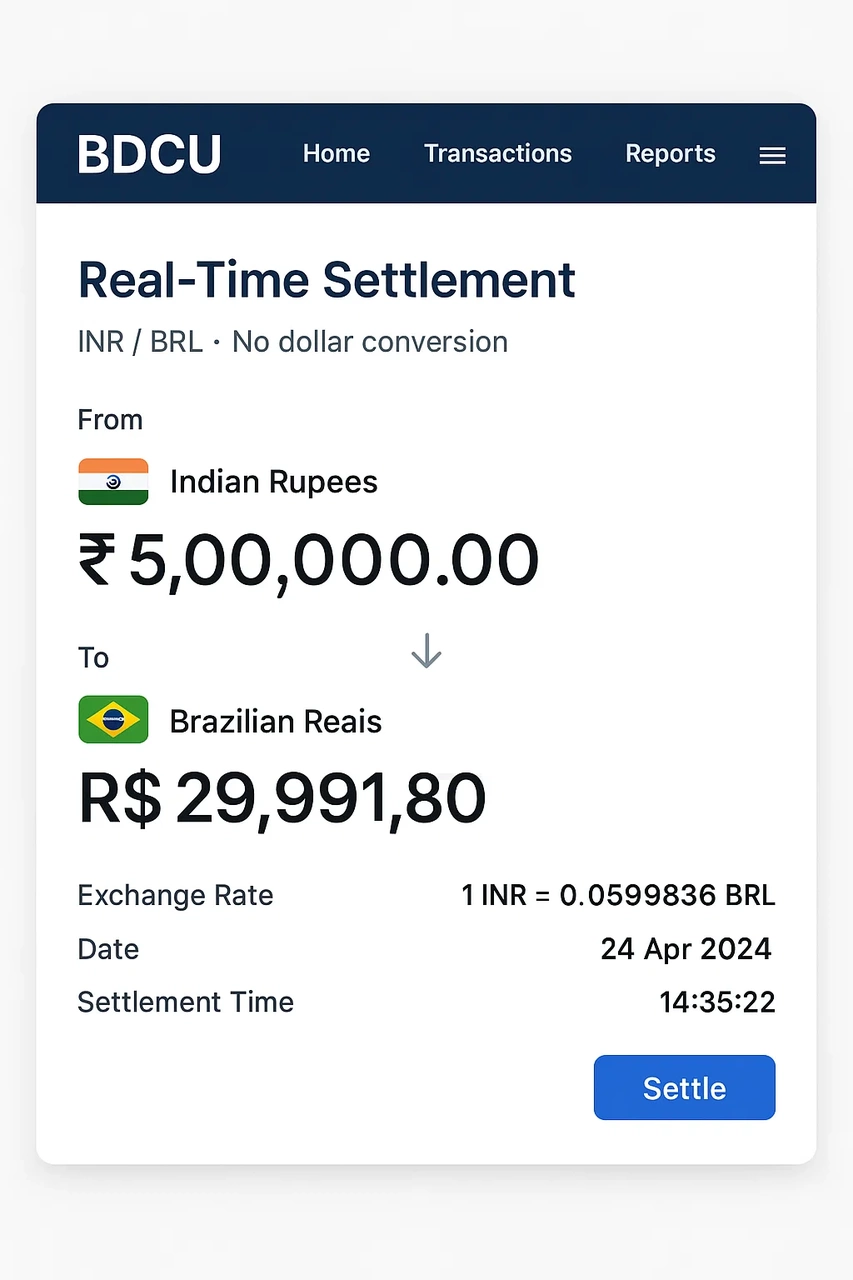
This is more than a tech upgrade. It’s a financial revolution, one that reorders how power, trust, and risk are distributed in the global economy. And it may well be the most significant shift in monetary geopolitics since Nixon closed the gold window.
The Beginning of the End (of Dollar Hegemony)?
The U.S. dollar has been the world’s reserve currency for nearly 80 years. That dominance gave America the ability to finance deficits cheaply, enforce sanctions effectively, and steer global monetary policy from behind closed doors in Washington.
But cracks have been forming. Russia’s ejection from SWIFT. China’s digital yuan pilot. African nations demanding fairer loan terms outside IMF frameworks. Even France, earlier this year, settled a gas shipment from Qatar in renminbi. So when BRICS+ leaders unveiled the BDCU this June, it wasn’t just symbolic — it was practical. A way for nations to conduct smart contract–based trade, with currencies of their choice, governed by a shared digital protocol. No middlemen. No dollar. No Western veto.
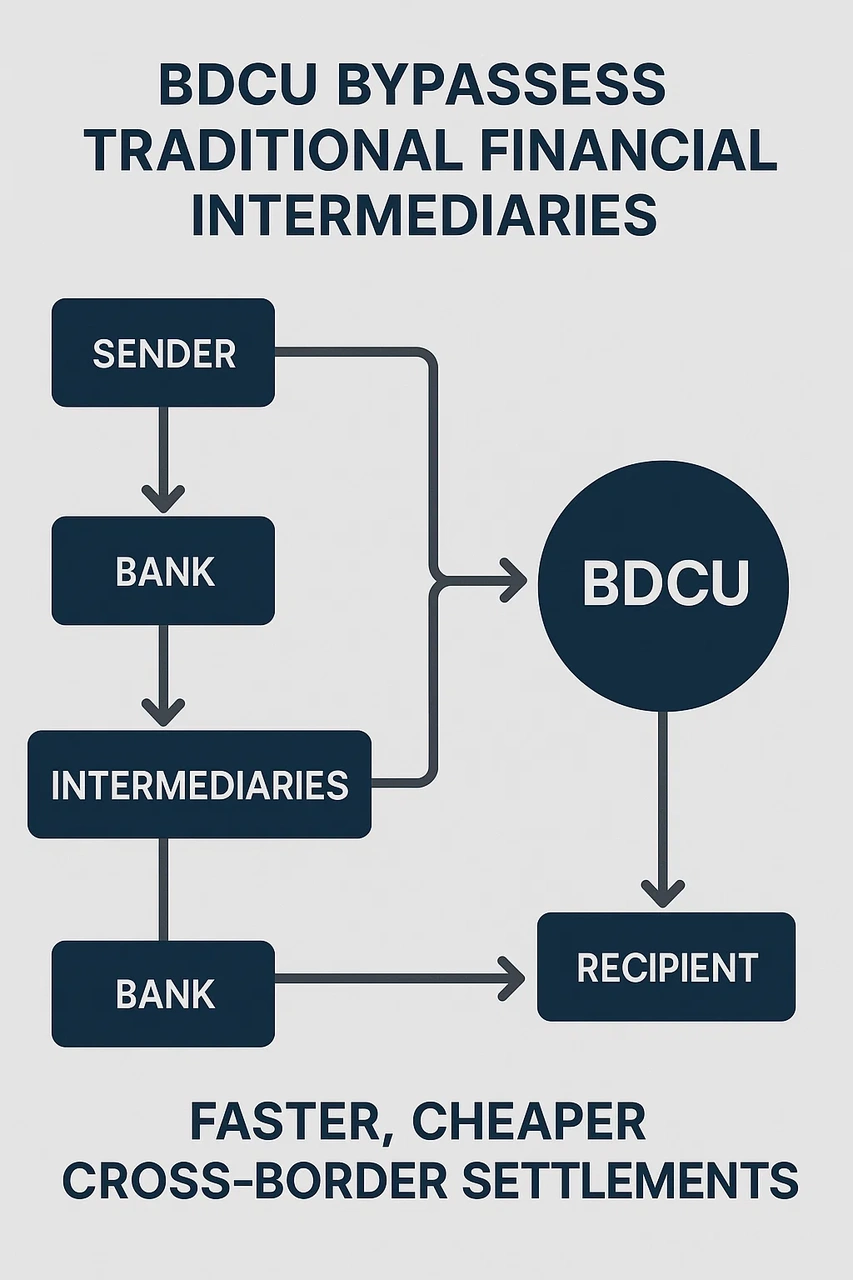
And just like that, the foundations of dollar supremacy feel shakier than ever.
A Shift in Trust: From Institutions to Protocols
For years, the global economy relied on institutions like the World Bank, IMF, and BIS to facilitate cooperation and impose order. But in 2025, trust is being redefined — not around institutions, but infrastructure.
The BDCU isn’t just faster or cheaper. It’s programmable. That means trade rules, tax compliance, sanctions, and even environmental standards can be coded directly into transactions. For example, a shipment of palm oil from Indonesia to South Africa could automatically verify deforestation status and carbon intensity before payment clears.
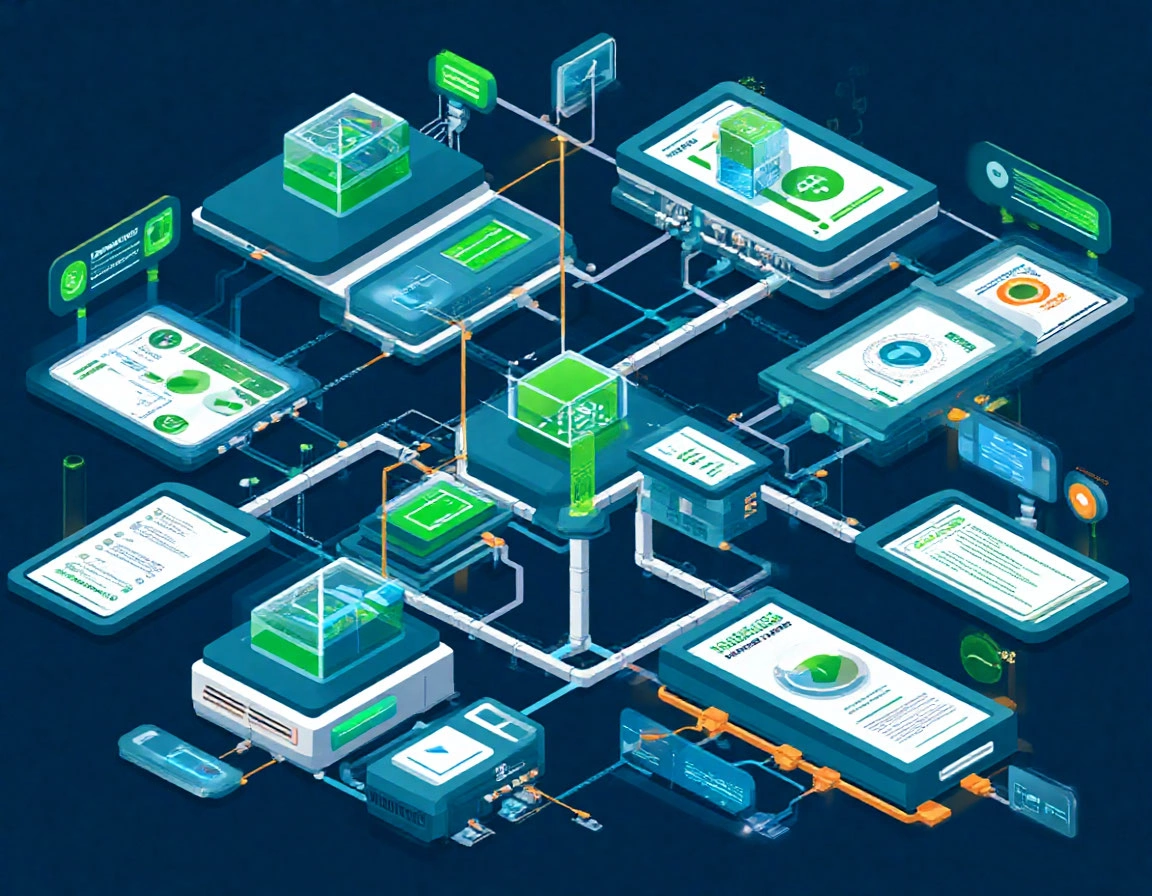
It’s efficient. Transparent. And dangerously seductive. Because while Western policymakers debate regulation, the BRICS+ economies are out here writing the new rules of financial trust — one line of code at a time.
Can the West Catch Up — Or Should It Adapt?
The U.S. response so far has been a mix of concern and confusion. The FedNow+ real-time payment network launched this year, but it’s still domestic. The digital dollar pilot is bogged down in political fighting over privacy and surveillance.
Europe, meanwhile, is watching its banking sector erode as emerging nations build direct trade links without touching the euro or dollar.
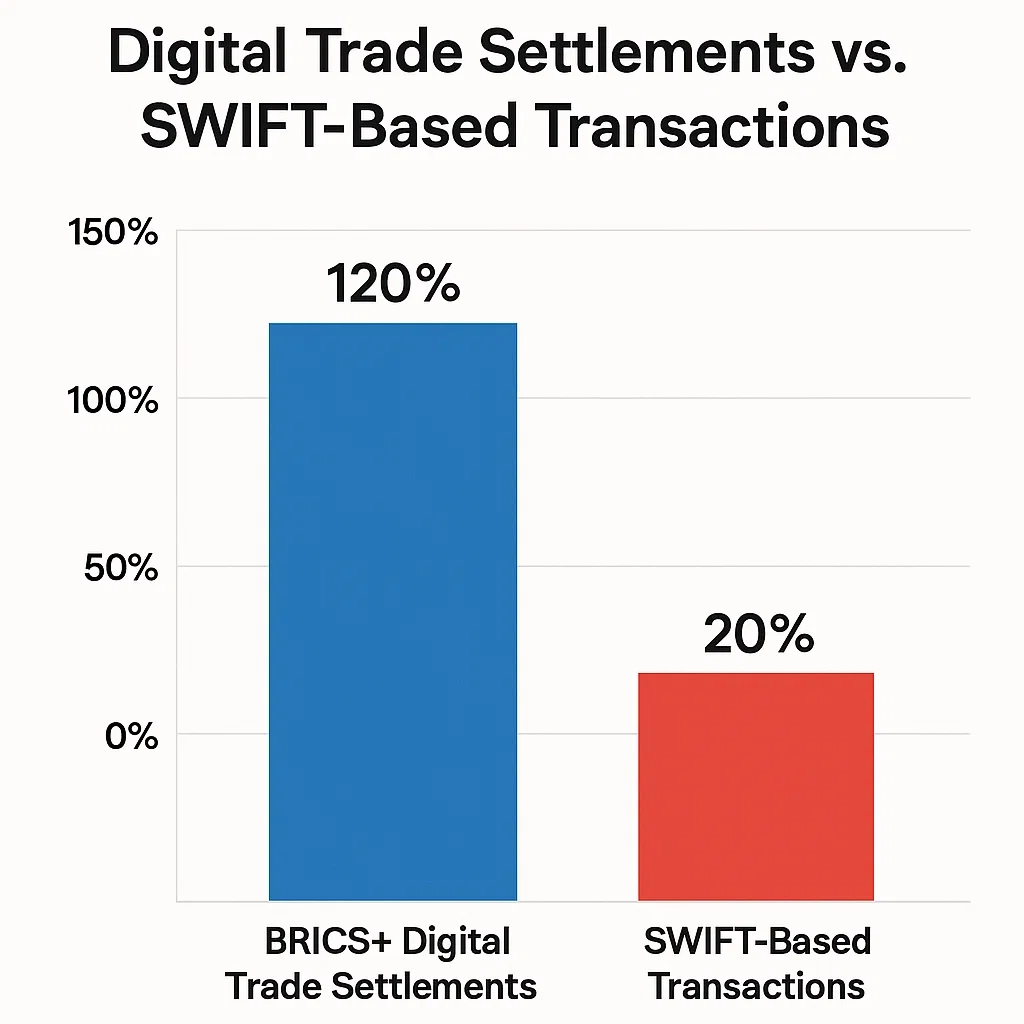
And here’s where things get tricky. The West can’t simply ban these systems — they’re open-source, decentralized, and increasingly too large to ignore. Nor can it outcompete them using legacy frameworks from the 20th century. Instead, Western economies might need to redefine their value proposition. That means doubling down on legal protections, contract enforcement, intellectual property, and innovation — things that can’t be easily tokenized or copied. Because in a world where financial plumbing is open to all, power comes not from controlling the pipes — but from offering the most trusted water.
What This Means for the Rest of Us
I’m not a central banker. I’m a guy who loves markets, macro, and the stories behind every spreadsheet. And here’s what I think: This shift isn’t just about geopolitics. It’s about access. The BRICS+ model empowers small and medium-sized nations — and even businesses — to transact without fear of financial exclusion. It lowers costs. Reduces friction. And forces legacy powers to compete for relevance, not assume it.
It also raises tough questions: Who gets to write the code that governs trade? What happens when economic sanctions can be bypassed with a few keystrokes? Will this lead to fragmentation, or eventually to pluralistic integration?
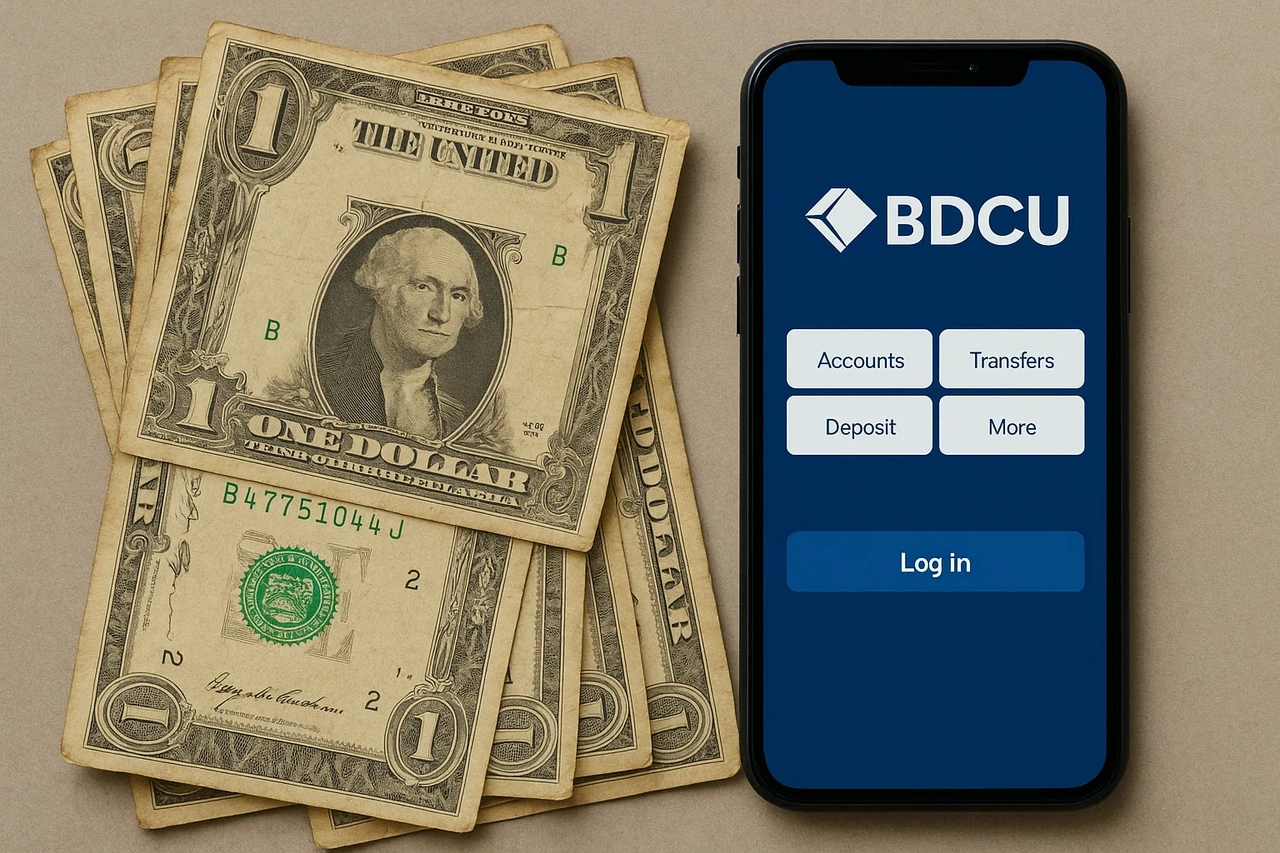
We don’t have answers yet. But here’s the truth no one in D.C. wants to hear: the dollar is no longer inevitable.
It’s optional.
Close